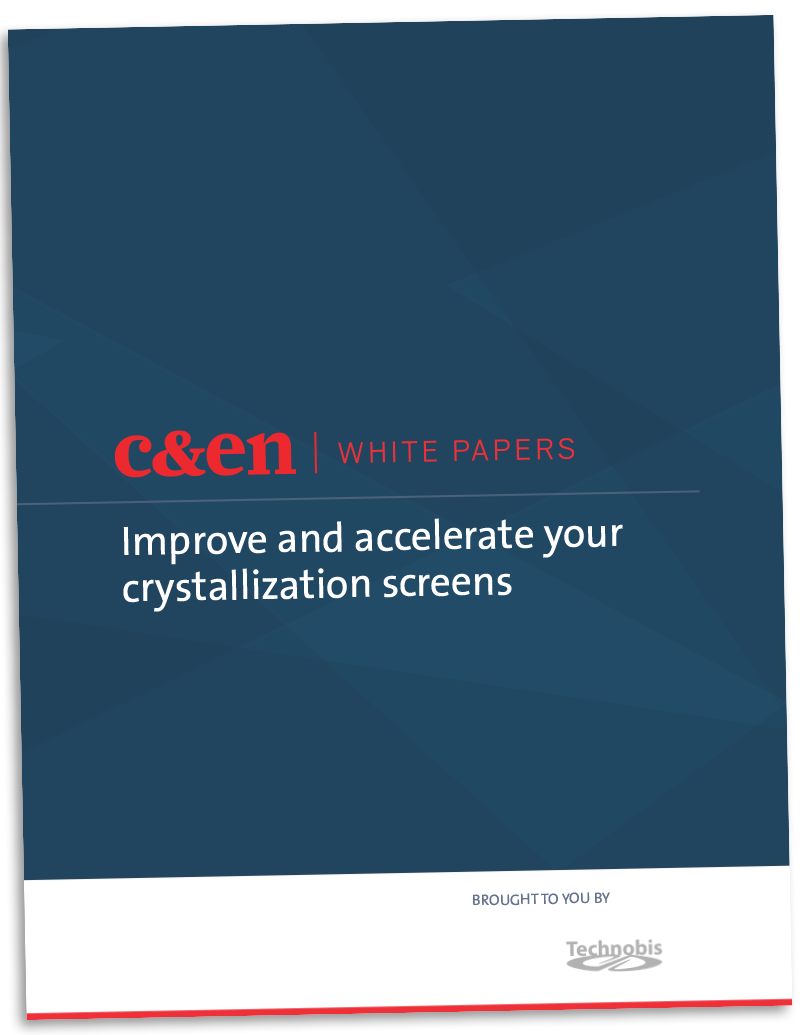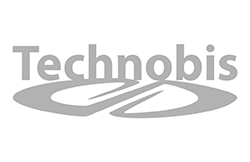

Every day, new compounds are produced within food, personal care, dye, agrochemicals and pharmaceutical industry. These compounds are getting more and more complex, making dosage determination and formulation more difficult. In order to obtain the solid state form with desired properties, solid state screening needs to be performed. Polymorph, cocrystal, salt screening, amorphous solid dispersion are most common solid state screening methods of which, polymorph screening is still most widely applied.
However, the main challenge for scientists is that crystallization screens can be a labor and time-intensive process. This application notes discusses how to drastically increase productivity and efficiency without compromising on flexibility, by using tools to automate the execution of crystallization experiments.
- Learn why polymorph, salt, co-crystal, and amorphous screening are essential in developing stable and effective solid forms of compounds.
- Understand how to select solvents, crystallization methods, and experimental conditions (e.g., temperature, cooling rate, concentration) to maximize the chance of discovering new solid forms.
- Applying multiple crystallization methods (e.g., fast and slow cooling, slurry at different temperatures, and temperature cycling) helped capture a broader range of solid forms.
- The screening approach led to the identification of a previously unknown third polymorphic form of the isoxazolone dye, demonstrating the effectiveness of systematic variation.

Copyright © 2025 American Chemical Society | 1155 Sixteenth Street NW | Washington, DC 20036 | View our Privacy Policy